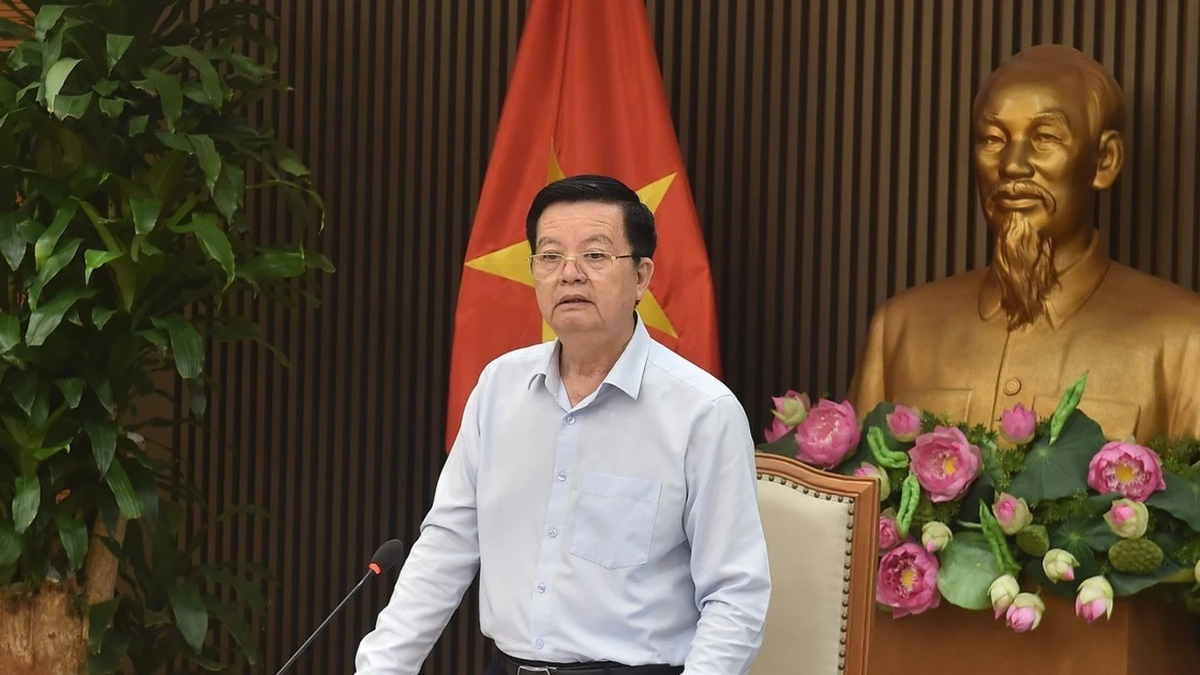The elaborate scam saw an employee tricked into joining an online call with what he thought were several company members, but in fact they were all deepfakes, Hong Kong police said at a press conference over the weekend.

Authorities are increasingly concerned about the potential for damage caused by artificial intelligence technology. Photo: Getty
"In the multi-person online meeting, it turned out that everyone he saw was fake," senior director Baron Chan Shun-ching told the city's public broadcaster RTHK.
Chan said the employee became suspicious after receiving a message purporting to be from the UK-based company’s chief financial officer. The employee initially suspected it was a scam email because it talked about the need to make a secret transaction.
However, the employee dismissed his initial suspicions after the online call because other people were present and looked identical to the colleagues he recognized.
Believing the others on the call were genuine, the employee agreed to transfer a total of HK$200 million – about US$25.6 million.
The incident is one of several recent cases in which scammers are believed to have used deepfake technology to modify publicly available videos and other footage in an attempt to scam people out of money.
At a press conference on Friday, Hong Kong police said they had made six arrests in connection with such scams.
Chan said the eight stolen Hong Kong identity cards, all reported lost by their owners, were used to make 90 loan applications and 54 bank account applications between July and September last year.
In at least 20 cases, AI was used to fool facial recognition programs by imitating people whose photos were on their ID cards, according to police.
The scam involving the fake CFO was only discovered when the employee later contacted the group’s headquarters. Police did not release the name or details of the company or the employee.
Authorities around the world are increasingly concerned about the sophistication of deepfake technology and the nefarious purposes it could be used for.
In late January, AI-generated pornographic images of pop star Taylor Swift went viral on social media, highlighting the potential for damage caused by artificial intelligence technology. The images were viewed tens of millions of times before being removed.
Mai Anh (according to CNN)
Source


























![[Photo] National Assembly Chairman attends the seminar "Building and operating an international financial center and recommendations for Vietnam"](https://vphoto.vietnam.vn/thumb/1200x675/vietnam/resource/IMAGE/2025/7/28/76393436936e457db31ec84433289f72)










































































Comment (0)